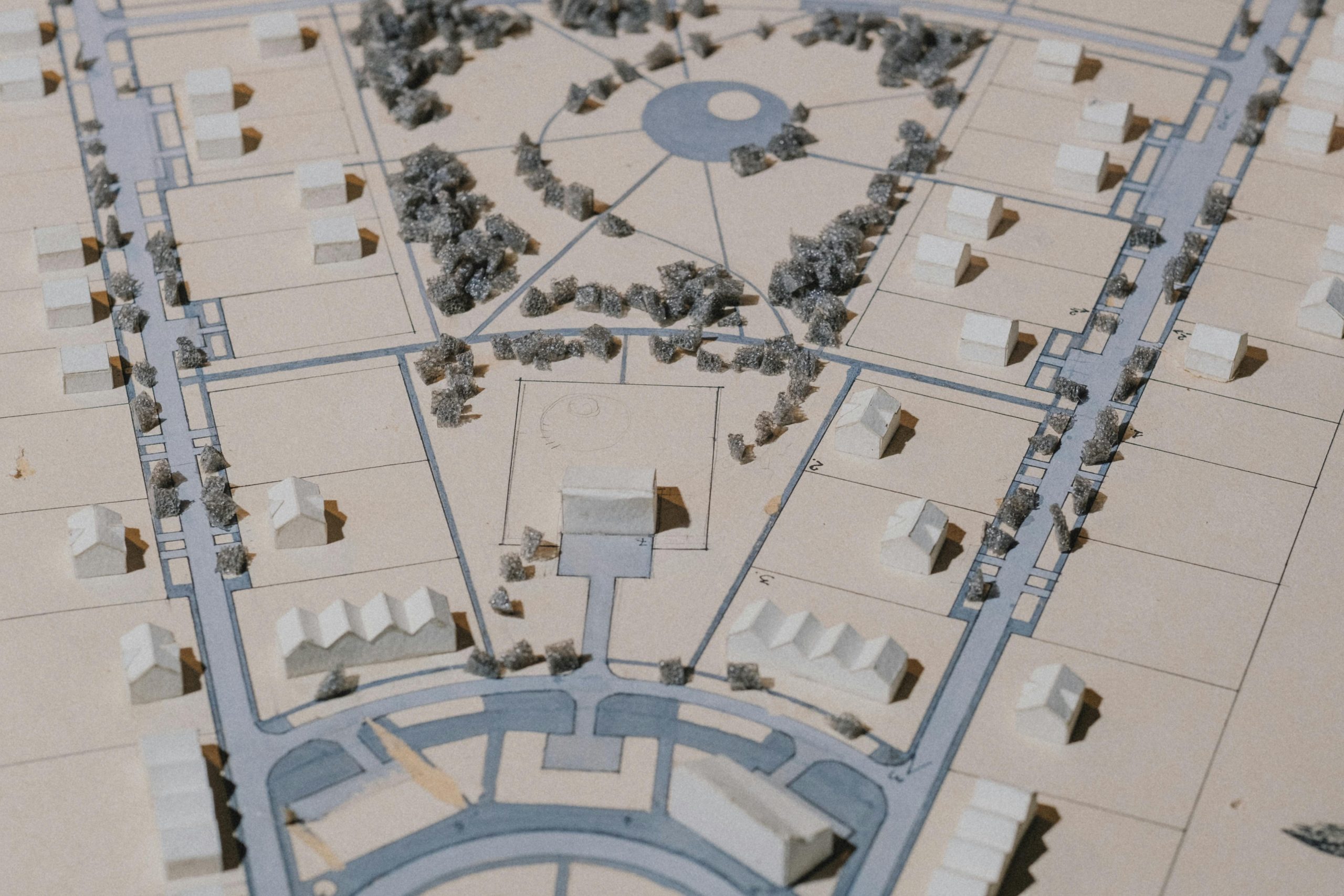Site Works Services: A Guide for Property Developers & Construction Companies
What Are Site Works?
Site works—sometimes referred to as “siteworks”—encompass all utility-related construction activity necessary to install, alter, or remove gas, electricity, and water supplies, as well as associated metering infrastructure. From new connections and meter installations to disconnections and supply upgrades, these services address the complex utility needs of modern development projects.
Why Site Works Matter to Developers & Builders
Time & Budget Sensitivity: Utility connections or changes can derail schedules and budgets if not handled smoothly. Cibus Energy’s expertise ensures projects are delivered on time and within budget by effectively liaising with all relevant parties.
Simplicity Through Single-Point Management: Coordinating with DNOs (Distribution Network Operators), gas transporters, suppliers, contractors, and local authorities is onerous. Cibus Energy acts as a single point of contact, streamlining approvals, compliance, and project execution.
Complex Multi-Site Coordination: Developers often manage utility works across multiple locations. Cibus Energy handles load assessments, capacity planning, and network reinforcements via its established supplier and contractor relationships, accelerating connection timelines and reducing costs.
Transparent Project Management: Rigorous scheduling, risk assessments, contingency planning, and regular progress updates ensure stakeholders remain informed—and projects stay on track.
Typical Utility Site Works Services
New Connections – Setting up fresh access to electricity, gas or water.
Disconnections & Meter Removal – Safe de-energising and removal of supplies when sites are to be demolished or decommissioned.
Supply Alterations – Modifying capacity, relocating lines, or rerouting utilities as project needs evolve.
Meter Installations / Removals – Installing, upgrading (e.g. to smart meters), relocating or removing meters.
Multi-Utility Oversight – Managing gas, electricity, and water infrastructure in a cohesive manner.
Consultancy & Design Support – Advice on design specification, project planning, metering strategy, and cost optimisation.
Capacity Management – Adjusting capacity levels and ensuring compliance (e.g. to avoid penalties like those under DCP 161)
Temporary Supplies – Providing interim services to support construction phases before permanent connections are finalised.

How Cibus Energy Makes a Difference
Offers end-to-end utility management, coordinating with DNOs, gas transporters, and local authorities for seamless approvals and project delivery.
Specialises in multi-site utility coordination, delivering consistent service quality across large-scale or multi-location developments.
Focuses on load and capacity planning, helping businesses avoid overspending or downtime by ensuring network reinforcement and optimisation.
Employs a structured project management approach: from feasibility assessments to risk mitigation and progress reporting, all the way through to final commissioning.
By managing all stakeholders and technical specifics, Cibus Energy allows developers and construction firms to focus on core business priorities, safely confident that utility infrastructure is in trusted hands.
FAQs: Site Works Services
What’s the difference between site works and general utility services?
While general utility services involve supply provisioning, site works specifically refer to construction and management activities—typical examples include new connections, meter installations, capacity alterations, disconnections, and network upgrades.
Why is working with one provider, like Cibus Energy, beneficial?
A single point of contact reduces administrative complexity, guarantees smoother coordination with regulators and providers, minimises risk of delays, and improves cost transparency—especially valuable for developers overseeing multiple projects.
What is DCP 161, and how does it affect site works?
DCP 161 (introduced 1 April 2018) is an Ofgem regulation where businesses using half-hourly (HH) electricity supplies that exceed capacity face heavier penalties. Managing capacity proactively during site works helps avoid these charges.
Can site works include temporary utility supplies for construction?
Yes. We offer temporary supply solutions to support ongoing construction and transitional stages before permanent connections are commissioned

